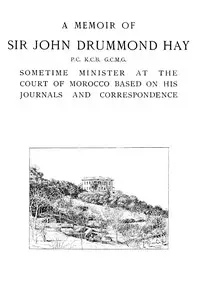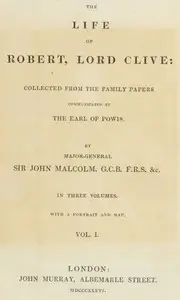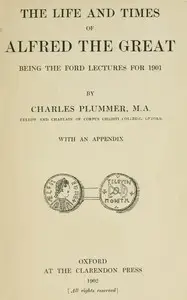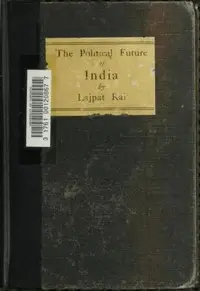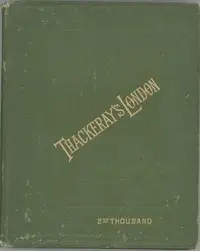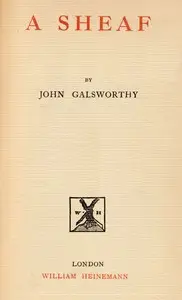"Letters and Journals of James, Eighth Earl of Elgin" by James Bruce Elgin is a history book about the life and times of Lord Elgin, a very important British figure who held powerful positions like Governor of Jamaica, Governor-General of Canada, and Viceroy of India. The book is a record of his life, filled with his experiences, what he did for the British Empire, and what he thought about important events. The writer of the preface, Arthur Penrhyn Stanley, makes known how important it is to write down Elgin's story because, even though he did a lot, not many people in England at the time knew who he was. The story goes over how he grew up, his education, how he thought, and how he became a big name in politics, stressing the hard times he had handling the problems of ruling colonies, especially taking a good look at how he governed in Jamaica and Canada. In those places, he had to deal with the push-and-pull between the people who lived there and what the Empire wanted, as well as thinking about what was right and wrong in how they ruled the colonies.

Letters and Journals of James, Eighth Earl of Elgin
By James Bruce Elgin
Follow one man's journey as he rises to power, navigating complex political landscapes and shouldering the weight of a growing empire.
Summary
About the AuthorJames Bruce, 8th Earl of Elgin and 12th Earl of Kincardine, was a British colonial administrator and diplomat. He served as Governor of Jamaica (1842–1846), Governor General of the Province of Canada (1847–1854), and Viceroy of India (1862–1863). In 1857, he was appointed High Commissioner and Plenipotentiary in China and the Far East to assist in the process of opening up China and Japan to Western trade. In 1860, during the Second Opium War in China, he ordered the destruction of the Old Summer Palace in Beijing, an architectural wonder with immeasurable collections of artworks and historic antiques, inflicting incalculable loss of cultural heritage.
Subsequently, he compelled the Qing dynasty to sign the Convention of Peking, adding Kowloon Peninsula to the British crown colony of Hong Kong.
James Bruce, 8th Earl of Elgin and 12th Earl of Kincardine, was a British colonial administrator and diplomat. He served as Governor of Jamaica (1842–1846), Governor General of the Province of Canada (1847–1854), and Viceroy of India (1862–1863). In 1857, he was appointed High Commissioner and Plenipotentiary in China and the Far East to assist in the process of opening up China and Japan to Western trade. In 1860, during the Second Opium War in China, he ordered the destruction of the Old Summer Palace in Beijing, an architectural wonder with immeasurable collections of artworks and historic antiques, inflicting incalculable loss of cultural heritage. Subsequently, he compelled the Qing dynasty to sign the Convention of Peking, adding Kowloon Peninsula to the British crown colony of Hong Kong.



